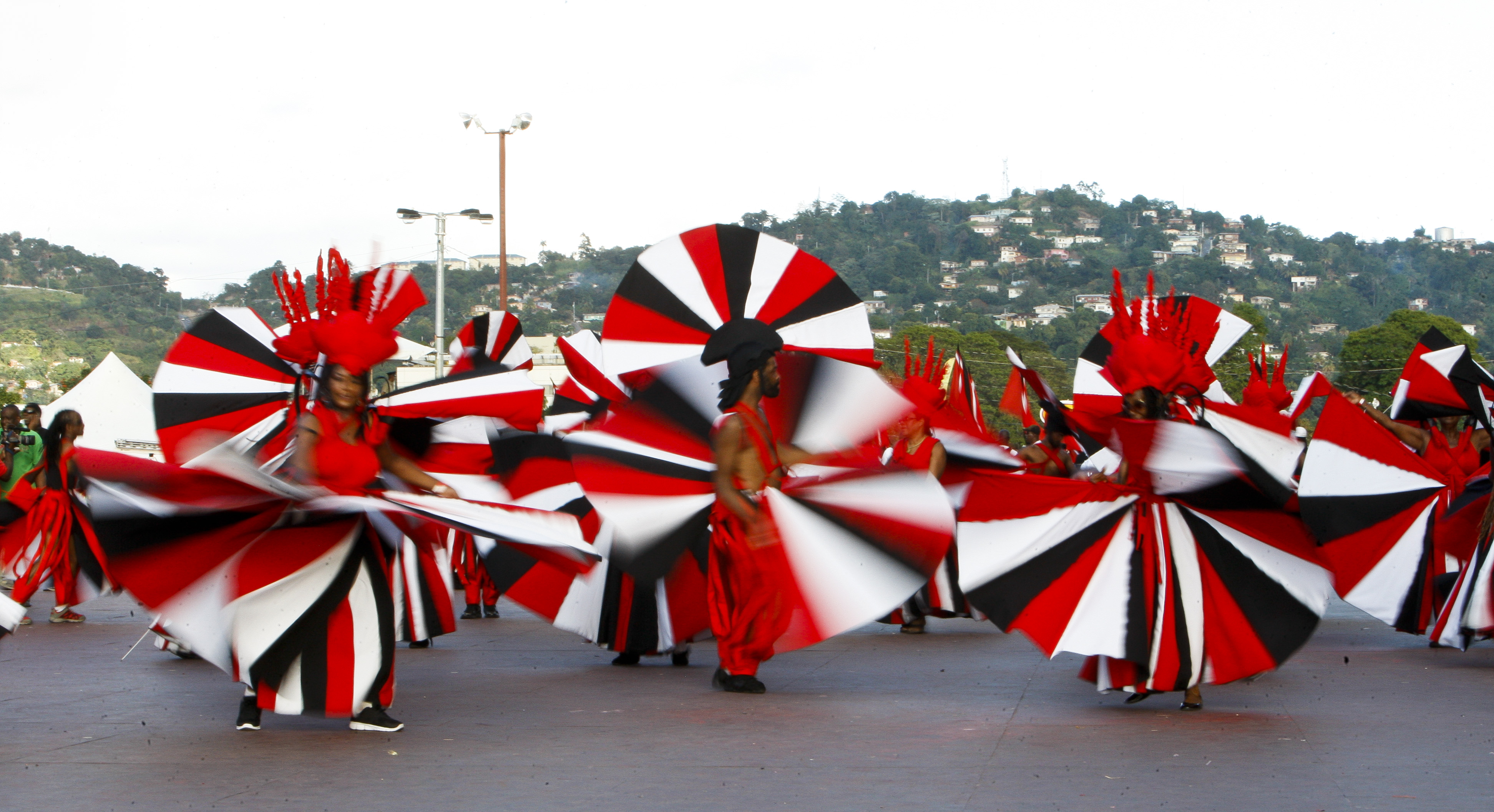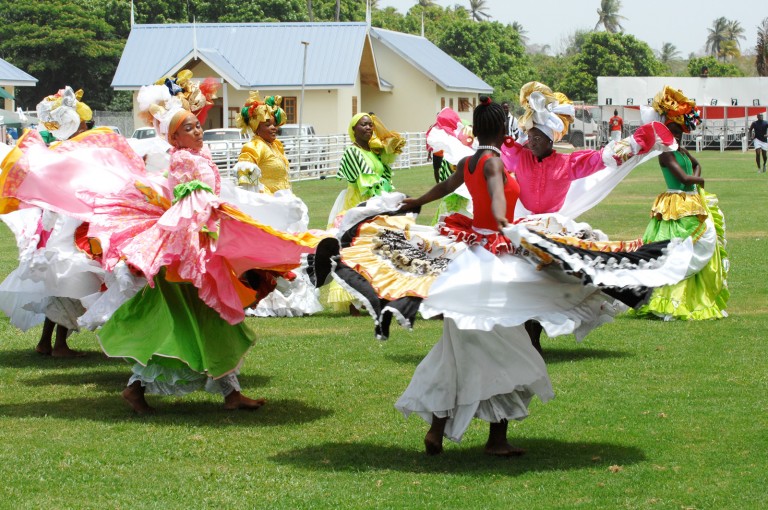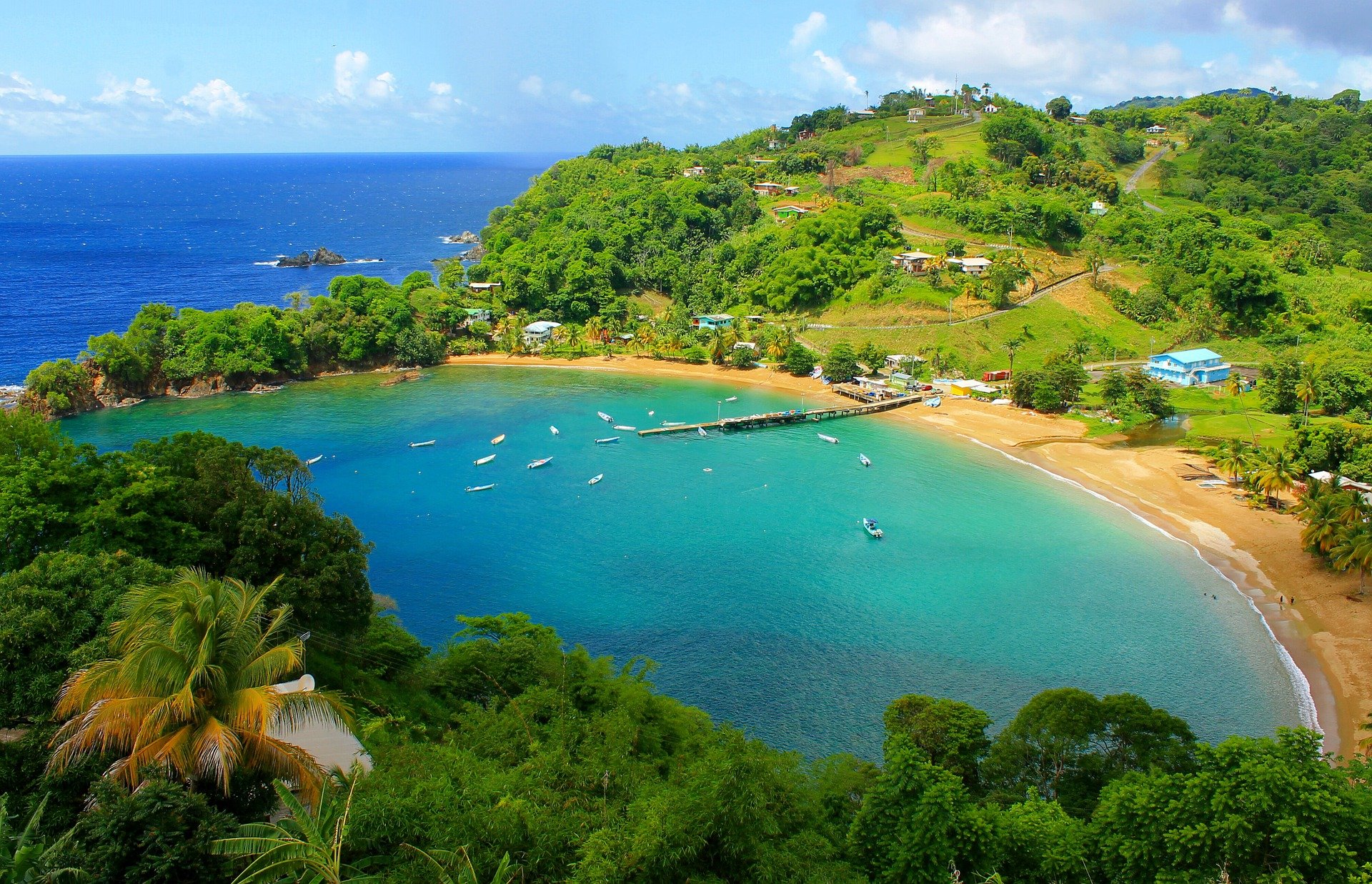Navigating The Festive Landscape: Trinidad And Tobago’s Holidays In 2026
Navigating the Festive Landscape: Trinidad and Tobago’s Holidays in 2026
Related Articles: Navigating the Festive Landscape: Trinidad and Tobago’s Holidays in 2026
Introduction
In this auspicious occasion, we are delighted to delve into the intriguing topic related to Navigating the Festive Landscape: Trinidad and Tobago’s Holidays in 2026. Let’s weave interesting information and offer fresh perspectives to the readers.
Table of Content
Navigating the Festive Landscape: Trinidad and Tobago’s Holidays in 2026

Trinidad and Tobago, a vibrant nation renowned for its cultural richness and spirited celebrations, offers a diverse tapestry of holidays throughout the year. Understanding the calendar of public holidays in 2026 provides valuable insight into the nation’s social fabric, cultural traditions, and historical significance. This comprehensive guide delves into the specific dates and the essence of each holiday, highlighting their cultural and historical relevance.
January:
-
New Year’s Day (January 1st): This universal celebration marks the beginning of a new year, offering a moment for reflection and anticipation. In Trinidad and Tobago, it is often celebrated with family gatherings, feasts, and fireworks.
-
Emancipation Day (August 1st): Commemorating the abolition of slavery in the British colonies in 1834, this day holds immense historical significance. Trinidad and Tobago, having been a major sugar-producing colony, recognizes this day as a testament to the resilience and contributions of its ancestors.
February:
- Carnival (Dates Vary): The pinnacle of Trinidadian festivity, Carnival is a vibrant and energetic celebration that precedes Ash Wednesday. This period is characterized by elaborate costumes, pulsating music, and street parades, culminating in the grand finale of J’ouvert and the spectacular Carnival Monday and Tuesday celebrations.
March:
- Indian Arrival Day (May 30th): This day marks the arrival of the first indentured Indian laborers in Trinidad in 1845. It celebrates the immense contribution of the Indian diaspora to the nation’s cultural and economic landscape, showcasing traditions like the Holi festival and the vibrant art of Chutney music.
April:
-
Good Friday (April 10th): This Christian holiday commemorates the crucifixion of Jesus Christ, observed with religious services and a somber atmosphere.
-
Easter Monday (April 13th): Following Good Friday, Easter Monday is a celebration of the resurrection of Jesus Christ, often marked by family gatherings and Easter egg hunts.
May:
- Labour Day (May 1st): This international day honors workers and their contributions to society. It is celebrated with parades, rallies, and events that promote worker’s rights and labor movements.
June:
- Corpus Christi (June 11th): A Catholic holiday celebrating the institution of the Eucharist, Corpus Christi is observed with processions and special church services.
August:
- Independence Day (August 31st): This day marks the nation’s independence from British rule in 1962, a significant milestone in Trinidad and Tobago’s history. It is a day of national pride, marked by parades, cultural performances, and patriotic celebrations.
September:
- Republic Day (September 24th): Celebrating the transition of Trinidad and Tobago to a republic in 1976, this day signifies the nation’s complete sovereignty. It is observed with ceremonies, parades, and a national address by the President.
October:
- Diwali (October 26th): Also known as the Festival of Lights, Diwali is a major Hindu festival celebrated with the lighting of diyas (small oil lamps), fireworks, and family gatherings.
November:
- Diwali (October 26th): This holiday, falling on a Monday in 2026, marks the commemoration of the Hindu festival of lights. It is observed with the lighting of diyas (small oil lamps), fireworks, and family gatherings.
December:
-
Christmas Day (December 25th): A global celebration of the birth of Jesus Christ, Christmas is observed with family gatherings, gift exchanges, and festive decorations.
-
Boxing Day (December 26th): This holiday, following Christmas Day, is traditionally a day for giving gifts to those less fortunate. In Trinidad and Tobago, it is often celebrated with family gatherings and feasts.
Understanding the Significance:
Trinidad and Tobago’s public holidays are not mere days off; they are deeply embedded in the nation’s history, culture, and traditions. These holidays provide a platform for:
-
Preserving Cultural Heritage: Many holidays, like Carnival, Indian Arrival Day, and Diwali, celebrate the diversity and richness of Trinidad and Tobago’s cultural heritage. They serve as reminders of the nation’s multifaceted identity, fostering a sense of pride and belonging.
-
Remembering Historical Events: Holidays like Emancipation Day, Independence Day, and Republic Day commemorate pivotal moments in the nation’s journey, reminding citizens of their shared history and the struggles that paved the way for their present.
-
Strengthening Community Bonds: These holidays provide opportunities for families and communities to come together, celebrate, and strengthen their bonds. They foster a sense of unity and shared experiences, enriching the social fabric of the nation.
FAQs:
Q: Are all public holidays in Trinidad and Tobago observed as non-working days?
A: While most public holidays are observed as non-working days, some may be subject to specific regulations within certain industries or sectors. It is advisable to consult with employers or relevant authorities for specific details.
Q: Are there any additional holidays specific to certain religious communities?
A: Yes, Trinidad and Tobago is a multicultural society with diverse religious communities. Holidays specific to these communities, such as Eid al-Fitr and Eid al-Adha for the Muslim community, are often observed as religious holidays.
Q: How are holidays celebrated in Trinidad and Tobago?
A: Holidays are celebrated with vibrant festivities, cultural performances, and traditional customs. The celebrations vary depending on the holiday but often involve parades, music, food, and family gatherings.
Tips for Travelers:
-
Plan Ahead: Research the dates of public holidays in 2026 to avoid any potential disruptions to your travel plans.
-
Embrace the Festivities: Public holidays offer a unique opportunity to experience the vibrant culture and traditions of Trinidad and Tobago.
-
Respect Local Customs: Be mindful of local customs and traditions when celebrating holidays.
Conclusion:
Trinidad and Tobago’s calendar of public holidays in 2026 provides a rich tapestry of celebrations, reflecting the nation’s history, culture, and traditions. These holidays are not just days off; they are integral to the nation’s identity, fostering a sense of community, pride, and cultural preservation. Understanding these holidays offers a deeper appreciation for the vibrant and multifaceted society that Trinidad and Tobago embodies.
/GettyImages-126909726-59b97a92c41244001000f983.jpg)





Closure
Thus, we hope this article has provided valuable insights into Navigating the Festive Landscape: Trinidad and Tobago’s Holidays in 2026. We hope you find this article informative and beneficial. See you in our next article!